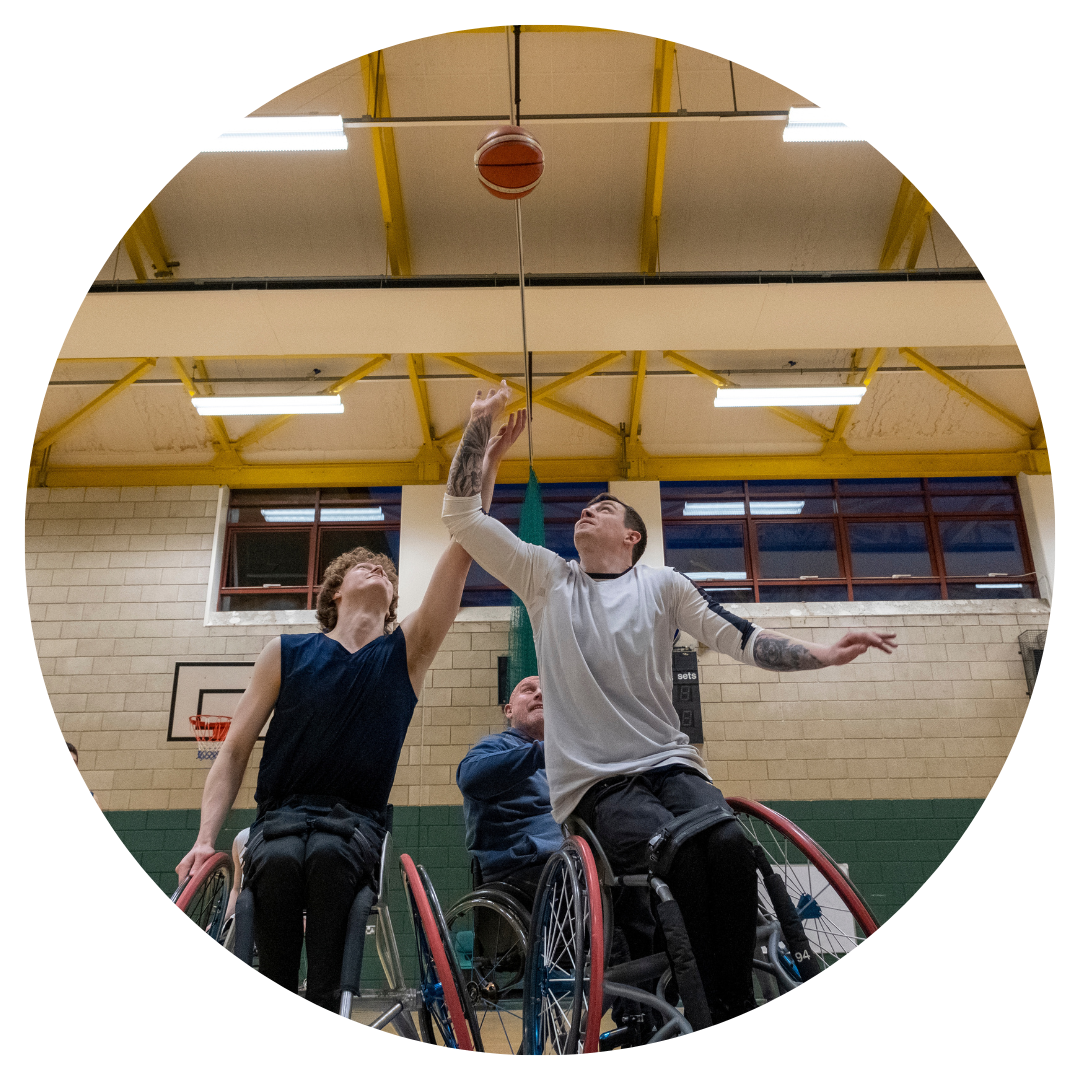We don’t all have a fair shot
Racism, sexism, homophobia and additional otherings are baked into our systems and our country. This creates fast tracks to wellbeing for some and dramatically reduces access for others.
learn why
All of us are hardwired for wellbeing
Wellbeing is about people and communities being whole. It’s the set of needs and experiences universally required in combination and balance to weather challenges and have health and hope.
Explore the Five Domains
Making change is hard, sustaining change is harder
Many of us are motivated to make changes in our lives, but it’s not enough to simply want to make change. When systems force a change in someone’s life, and the accompanying tradeoffs undermine wellbeing, the results are short-term fixes that solve one problem at the expense of thriving in the long-term.
Making Change Stick
The way we frame an issue determines the solutions we build
We all tell stories, build narratives and develop assumptions to explain what’s happening in the world around us. These choices frame the issues, determining our understanding of both the problem and the potential solutions. But we often make the wrong assumptions – and those often lead to inequitable solutions.
How Narratives Unlock Change
Effective solutions come from a community-centered, wellbeing-oriented approach
Too often, traditional community engagement methods aim at identifying weak spots and finding solutions to make programs work better. By truly centering community, the people most impacted by the issues will drive the conversation about needs, solutions and how change happens from the beginning.
A community bill of rights
It’s about fixing systems, not people
The solution is not to create more programs for individuals harmed by unfair systems, or to blame individuals for not having the willpower to succeed. The solution is to make the systems fair.
OUR APPROACH TO SYSTEMS CHANGE






